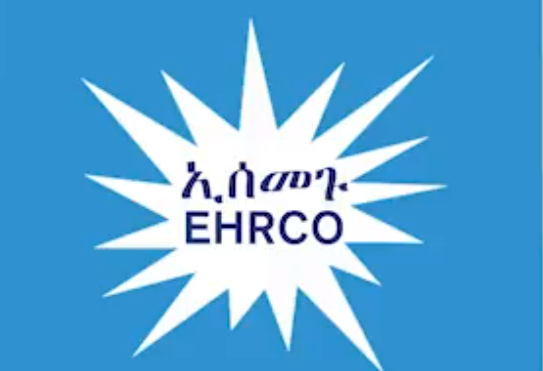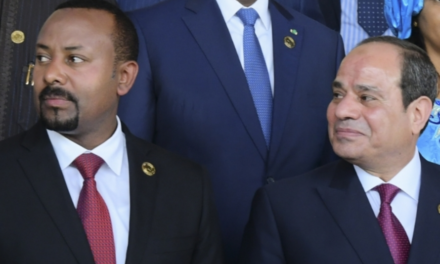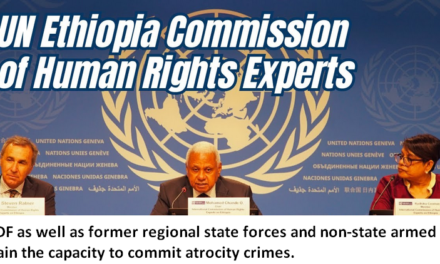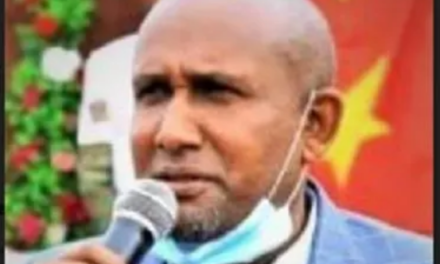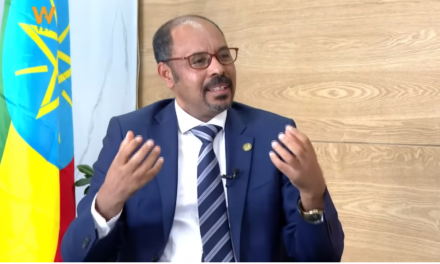EVN (September 13) — The Ethiopian Human Rights Council (EHRCO) issued a New Year’s statement on Monday, September 10, coinciding with the start of Ethiopia’s New Year on September 12. In its statement, EHRCO called on the government to fulfill its responsibilities and address the multifaceted human rights violations occurring in the country.
EHRCO expressed concern that the government had failed to meet its constitutional obligations over the past year, resulting in a range of human rights abuses, including mass arrests and killings. The organization emphasized the importance of learning from the previous year’s gross human rights violations and urged the government to play a facilitating role in peaceful dispute resolution.
The council stressed the need to prevent property destruction and foster constructive dialogue involving relevant stakeholders. EHRCO cited the government’s duty to create conditions conducive to peaceful societal activities, acknowledging the challenges faced by both citizens and human rights defenders in carrying out their work.
In its statement, EHRCO highlighted incidents from the previous year, including the arrest of 22 out of 28 petitioners who sought assistance at EHRCO’s central regional office in Addis Ababa. The council also noted the break-in at its office, where active investigation files were taken, and the subsequent arrest of EHRCO representatives who reported the incident.
EHRCO underscored the importance of protecting citizens’ right to move freely and called for an end to arbitrary arrests, enforced disappearances, and delays in court appearances. The organization urged the government to refrain from repeating the practices of the past year, which saw widespread killings and displacements based on identity.
EHRCO also called on the government to halt mass and arbitrary arrests of journalists and human rights defenders and criticized the extended pre-trial detentions of these individuals. Notably, 35 human rights organizations have joined in condemning these actions, demanding prompt investigations and the protection of individuals’ rights.

